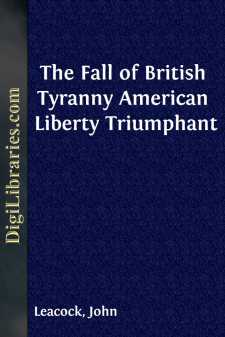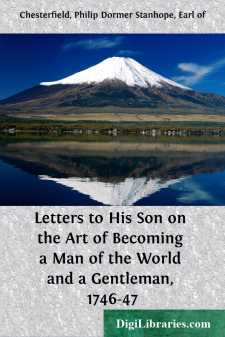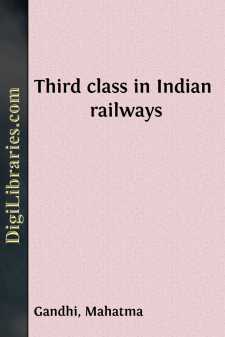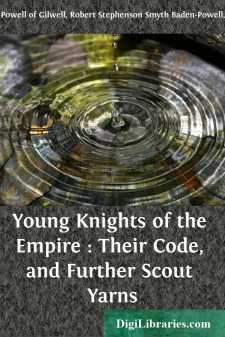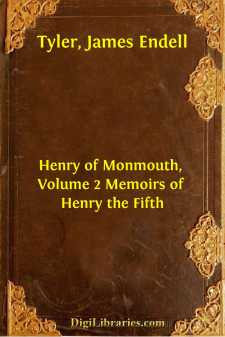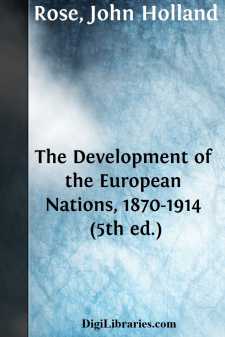Categories
- Antiques & Collectibles 13
- Architecture 36
- Art 48
- Bibles 22
- Biography & Autobiography 813
- Body, Mind & Spirit 142
- Business & Economics 28
- Children's Books 17
- Children's Fiction 14
- Computers 4
- Cooking 94
- Crafts & Hobbies 4
- Drama 346
- Education 46
- Family & Relationships 57
- Fiction 11829
- Games 19
- Gardening 17
- Health & Fitness 34
- History 1377
- House & Home 1
- Humor 147
- Juvenile Fiction 1873
- Juvenile Nonfiction 202
- Language Arts & Disciplines 88
- Law 16
- Literary Collections 686
- Literary Criticism 179
- Mathematics 13
- Medical 41
- Music 40
- Nature 179
- Non-Classifiable 1768
- Performing Arts 7
- Periodicals 1453
- Philosophy 64
- Photography 2
- Poetry 896
- Political Science 203
- Psychology 42
- Reference 154
- Religion 513
- Science 126
- Self-Help 84
- Social Science 81
- Sports & Recreation 34
- Study Aids 3
- Technology & Engineering 59
- Transportation 23
- Travel 463
- True Crime 29
Sort by:
DRUG SUPPLIES IN THE AMERICAN REVOLUTION by George B. Griffenhagen At the start of the Revolution, the Colonies were cut off from the source of their usual drug supply, England. A few drugs trickled through from the West Indies, but by 1776 there was an acute shortage. Lack of coordination and transportation resulted in a scarcity of drugs for the army hospitals even while druggists in other areas...
more...
Begins with Differences of Opinion. If ever there was a man in this world who was passionately fond of painting and cut out for a painter, that man was Frank Allfrey; but fate, in the form of an old uncle, had decided that Frank should not follow the bent of his inclinations. We introduce our hero to the reader at the interesting age of eighteen, but, long before that period of life, he had shown the...
more...
by:
Wallace Morgan
CHAPTER I ON JOURNEYS THROUGH THE STATESOn journeys through the States we start,... We willing learners of all, teachers of all, lovers of all.We dwell a while in every city and town ...—Walt Whitman. Had my companion and I never crossed the continent together, had we never gone "abroad at home," I might have curbed my impatience at the beginning of our second voyage. But from the time we...
more...
by:
John Leacock
JOHN LEACOCK Among the elusive figures of early American Drama stands John Leacock, author of "The Fall of British Tyranny," published in 1776, in Philadelphia. Even more elusive is the identification, inasmuch as his name has been spelled variously Leacock, Lacock, and Laycock. To add to the confusion, Watson's "Annals of Philadelphia," on the reminiscent word of an old resident...
more...
The proud Lord Chesterfield would have turned in his grave had he known that he was to go down to posterity as a teacher and preacher of the gospel of not grace, but—"the graces, the graces, the graces." Natural gifts, social status, open opportunities, and his ambition, all conspired to destine him for high statesmanship. If anything was lacking in his qualifications, he had the pluck and...
more...
by:
Mahatma Gandhi
THIRD CLASS IN INDIAN RAILWAYS I have now been in India for over two years and a half after my return from South Africa. Over one quarter of that time I have passed on the Indian trains travelling third class by choice. I have travelled up north as far as Lahore, down south up to Tranquebar, and from Karachi to Calcutta. Having resorted to third class travelling, among other reasons, for the purpose of...
more...
CHAPTER I. PRELIMINARY REMARKS.—PRESENT POPULATIONS OF THE BRITISH ISLES.—ROMANS, ETC.—PRE-HISTORIC PERIOD.—THE IRISH ELK.—HOW FAR CONTEMPORANEOUS WITH MAN.—STONE PERIOD.—MODES OF SEPULTURE.—THE PHYSICAL CONDITION OF THE SOIL—ITS FAUNA.—SKULLS OF THE STONE PERIOD.—THE BRONZE PERIOD.—GOLD ORNAMENTS.—ALLOYS AND CASTINGS.—HOW FAR NATIVE OR FOREIGN.—EFFECT OF THE INTRODUCTION...
more...
THE SCOUT LAW Perhaps you wonder what is a Young Knight of the Empire. Well, you know what a knight is—or rather, used to be in the old days—a gallant fellow who was always ready to defend weaker people when they were being bullied; he was brave and honourable, and ready to risk his life in doing his duty according to the code or law of Chivalry. Well, nowadays there are thousands of boys all over...
more...
henry of monmouth's accession. — national rejoicings. — his profound sense of the awfulness of the charge devolved upon him. — coronation. — first parliament. — habits of business. — he removes the remains of richard to westminster. — redeems the son of hotspur, and restores him to his forfeited honours and estates. — generous conduct towards the earl of march. — parliament at...
more...
CHAPTER I THE CAUSES OF THE FRANCO-GERMAN WAR"After the fatal year 1866, the Empire was in a state of decadence."--L. GREGOIRE,Histoire de France. The irony of history is nowhere more manifest than in the curious destiny which called a Napoleon III. to the place once occupied by Napoleon I., and at the very time when the national movements, unwittingly called to vigorous life by the great...
more...





